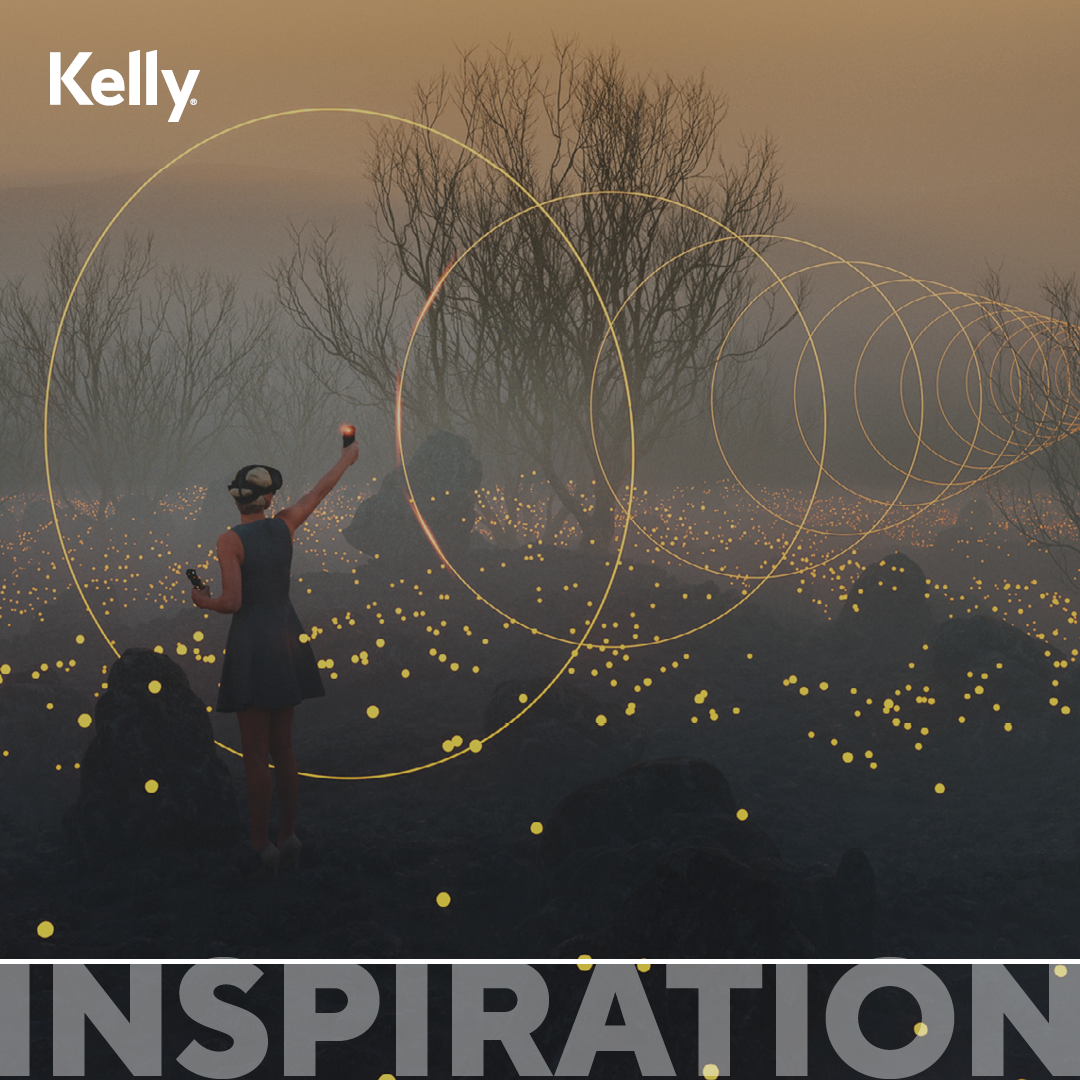
Companies value diversity and inclusion because it's important to their potential employees. A survey by Glassdoor found that 67% of job seekers claimed that a diverse workplace was important to them.
Research by McKinsey & Company shows that companies with an executive team that’s diverse in terms of gender and ethnicity outperform others in terms of profit. For companies, prioritizing diversity is a win-win.
6 Ways to Identify If a Company Values Diversity and Inclusion:
1. Do Online Research
Start with a visit to the company’s website. What do you see in the photos? Are the people of many different backgrounds, or relatively homogenous? Read through the site "about us" section as well, looking for any metrics disclosed on diversity or hiring practices.
2. Look at the Company’s Employees
Find out who’s on the leadership team at the company. This information is often available on the company’s website, but you can also search for it online, including on LinkedIn. Also, make sure to look around when you visit the office for interviews.
Of course, not all diversity is visible to the eye. It won’t reveal, for instance, whether the company engages in neurodiverse hiring, but observing its environment may give you some sense of how diverse the company actually is.
3. Check the Company’s Core Values
Does the company have a mission statement or core values? If so, look to see if they mention diversity or inclusion as priorities. See if there's a person in the HR department whose title relates to diversity, such as a Chief Diversity Officer. Check too if the company has a DEI (diversity, equity, and inclusion) group or program.
4. Ask Questions During Your Interview
When the interviewer turns the tables and asks if you have any questions for them—or, throughout your conversation—try inquiring about diversity. Here are some questions you can ask:
- I see diversity is listed in the company’s values. Can you share some examples of how you promote it?
- How is diversity shown to be an important value at this company?
- Does the company offer managers training on diversity, equity, and inclusion?
- What does the company do to help ensure inclusion?
- Please tell me about the benefits the company offers.
5. Reach Out to Connections
Do you know anyone at the company? Work those LinkedIn connections. See if you know—or are within a few degrees—of anyone who has worked at the company and send them a quick message or email to see if they can share any details on the company’s commitment to diversity and inclusion.
6. Check Employee Benefits
A company’s policies can reveal a lot about how much they value inclusion. For example, providing maternity leave benefits—or better still, family leave benefits that include all parents, including those of adopted children or same-sex couples—demonstrates that the company is eager to offer support to all kinds of parents in the office.







